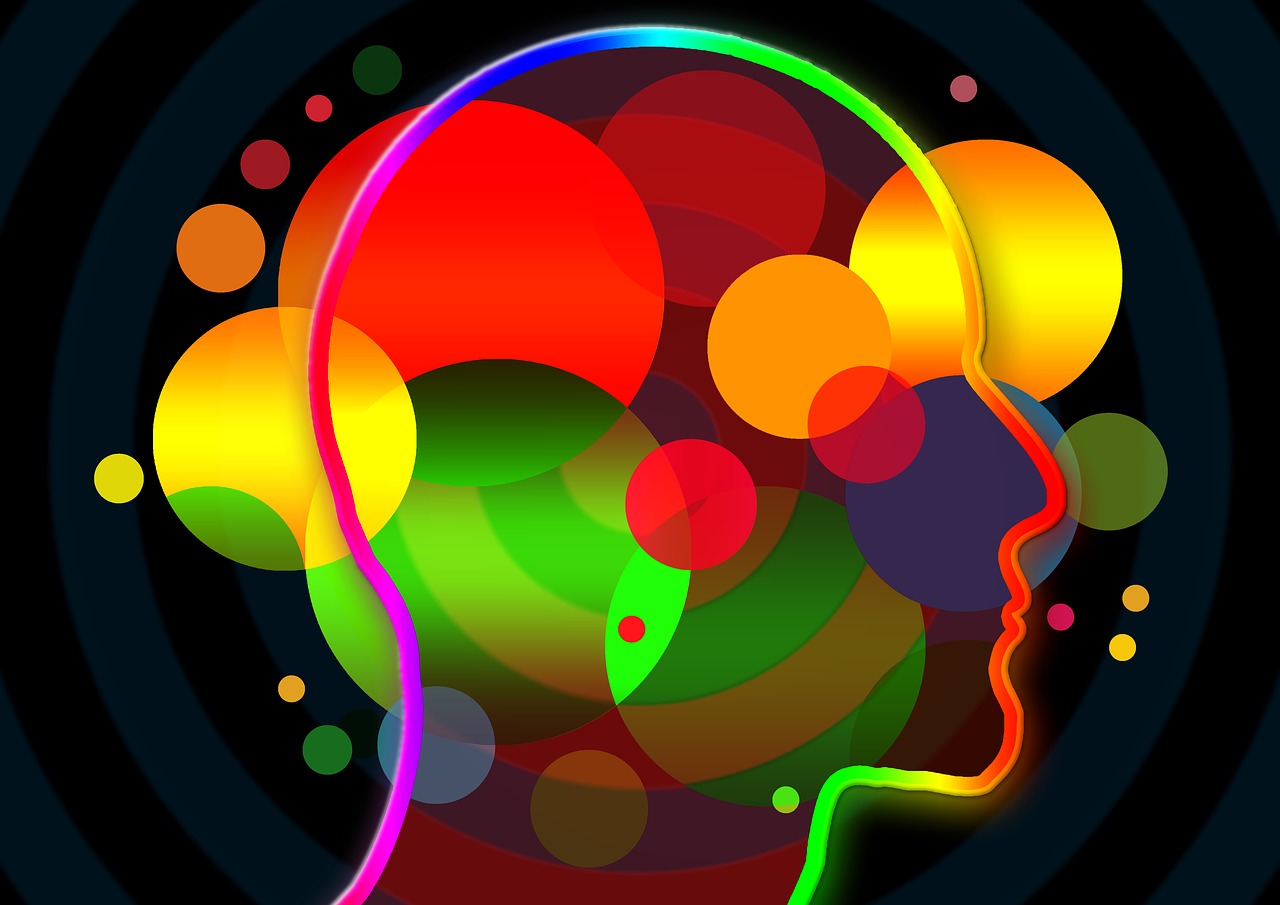It is well known that empathy is a powerful healing agent. I was going to continue that last sentence with “between humans” but one of my dogs came to mind. Lilly, a poodle mix is beyond empathic and runs up to me immediately at the first tear, or sigh or flash of impatience. She jumps up on me and immediately wants to comfort me or make me laugh. This ability lends itself to Lilly being an incredible support animal. Every light casts a shadow, and Lilly also has an equally superb ability for sensing any kind of perceived impending threat. She will snap or in the worst-case scenario bite anyone determined by Lilly to be threatening. Lilly’s behaviour is nonetheless empathic!
Empathy is defined in the Oxford dictionary as “the ability to understand another person’s feelings, experience, etc..” Healing comes not just from an understanding of feelings, but from an ability to communicate such an understanding. We would call this communication “an empathic response.” In the moment of receiving an empathic response, one feels seen and heard. The experience of feeling seen and heard is validating and experienced as therapeutic. For those unaccustomed to feeling seen and heard, it also provides a corrective emotional experience: yet another facet of healing.
When people engage in psychotherapy, empathy is a primary tool used by therapists. The therapist attunes to their client and empathic responses provide balm to an aching heart. The client feels seen and heard and benefits psychologically from such an interaction. At the heart of humanistic psychology is the tenet of empathy. Clients are met where they are at and they are held by the therapist in a container filled with unconditional positive regard. This container also has ample empathy along with other tools like validation and the therapist uses all these tools in generous measure. Carl Rogers founded humanistic psychology, and in On Becoming a Person (1961) he writes, “And with clients in therapy, I am often impressed with the fact that even a minimal amount of empathic understanding – a bumbling and faulty attempt to catch the confused complexity of the client’s meaning – is helpful” (p. 53). As a therapist, I can relate to the “bumbling and faulty” attempts at empathising with another human. What I have found is that most often it does not matter if I’m totally on point or off by a little; ultimately it was the fact I cared enough to try to understand that is experienced as healing.
From the research I conducted at the beginning of the year, I was also impressed by the role empathy played in the healing experienced by dream group participants. It’s rare that we find people willing to listen to our dreams, and I find in general, it is a realm not often shared. Our dream worlds remain a private often unexplored territory. Even during therapy, clients rarely volunteer their dream unless it was something very unpleasant. As part of my research, I facilitated four dream groups and during each session one participant would share a dream. The rest of the group members wrote down the dream, asked follow-up questions about the dream and then told the group what this dream would mean to them if it were their dream. The dreamer would inevitably be able to relate to some of these projections by group members. After sharing feedback the group members asked the dreamer questions about waking context, and very often stories would emerge from the dreamer’s waking life. Sometimes the dreamer anticipated the connection, and sometimes they did not. What struck me though was the degree to which the majority of dream group participants felt seen and heard. They felt seen and heard so intensely because what was revealed during the process was not always obvious. In psychotherapy, I empathise mostly with what is revealed in a narrative from the conscious mind; in dream work, empathy or deep understanding is applied to unconscious material, or to that which is not yet known. Now that’s powerful!




Leave a Reply